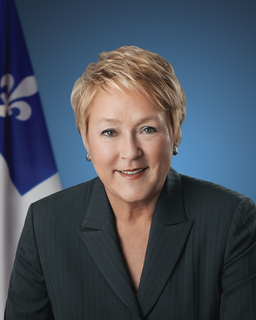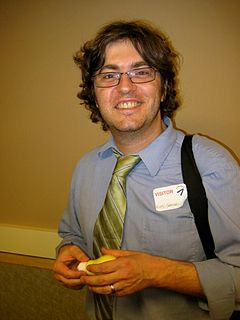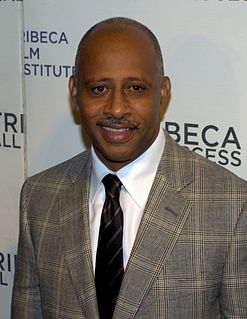A Quote by William Labov
I am now completing research supported by NSF and NEH that is mapping changes in the English language through all of North America, for both mainstream and minority communities.
Related Quotes
You know, now there is always half of the new Quebecers who are going to the English CEGEP. After that, often they are going to work in English. So for us, that is so important. We are a real minority in North America. Two per cent of the population are French-speaking. We have to protect this reality.
Designing Online Communities is a must-have for anyone designing or researching online communities, particularly for learning. Owens' work is both comprehensive and eminently readable, a sweeping look at the technologies, design patterns, and cultural forms they produce that is both theoretically ambitious and grounded in examples and tools that will help you develop, research, and manage online communities.
I'm an infant with Shakespeare; I'm kind of learning how to walk. I am trying to decipher the code, you know? I do my research. And I get a clear understanding of what the language is. It is a tremendous process I have to go through as I am sure all actors do, finding the gems hidden in his language.
I have a funny relationship to language. When I came to California when I was three I spoke Urdu fluently and I didn't speak a word of English. Within a few months I lost all my Urdu and spoke only English and then I learned Urdu all over again when I was nine. Urdu is my first language but it's not as good as my English and it's sort of become my third language. English is my best language but was the second language I learned.
James Joyce's English was based on the rhythm of the Irish language. He wrote things that shocked English language speakers but he was thinking in Gaelic. I've sung songs that if they were in English, would have been banned too. The psyche of the Irish language is completely different to the English-speaking world.
I am a writer who is definitely working with a specific language and more than English, that language is American. And I work very much in idiom and am very interested in the play of different kinds of rhetoric, whether it is the more high-flown stuff that reeks of age. I love to juxtapose something like that with something more current or urgent. I am always interested not in America by itself, but America as an idea and how that idea has changed over time, in the eyes of the rest of the world and in the eyes of Americans.





































